Hezbollah’s new secretary-general is Naim Qassem, the longtime number two to the late Hassan Nasrallah who was assassinated by Israel on September 27.
Hezbollah announced the appointment on Tuesday via its Telegram channel.
Who is Naim Qassem?
Qassem has a long history in Shia political activism and has been deputy secretary-general of Hezbollah since 1991 when Abbas al-Musawi was secretary-general.
Al-Musawi was also assassinated by Israel.
“He was hoping to become Hezbollah’s secretary-general when Musawi was killed in 1992,” Nicholas Blanford, a nonresident senior fellow with the Atlantic Council’s Middle East programme, told Al Jazeera.
“The Shura Council elected Nasrallah, who was Musawi’s prodigy.”
Qassem was born in the Nabatieh governorate’s Kfar Kila, a southern Lebanese village that has suffered through many Israeli attacks, especially since last October.
One of Qassem’s religious mentors was the widely respected Grand Ayatollah Mohammad Hussein Fadlallah, and Qassem himself has taught religious classes for decades in Beirut.
Has Qassem always been with Hezbollah?
Not always.
In the 1970s, he joined the late Imam Musa al-Sadr’s Movement of the Dispossessed, which eventually became part of the Amal Movement in Lebanon.
He left Amal and helped start Hezbollah in 1982, becoming one of the group’s foundational clerics.
What has his role been in Hezbollah?
The secretive nature of Hezbollah means only some of Qassem’s roles are public knowledge.
At one point, he oversaw part of Hezbollah’s educational network and has also been involved in overseeing the group’s parliamentary activities.
He has played an important public-facing role in Hezbollah over the years, and is also a member of the group’s Shura Council.
He famously published a book called, Hizbullah, the Story from Within, in 2005, which was translated into several languages.

A new, different leader
After Nasrallah’s assassination, some speculated that Hezbollah’s Shura Council might wait for the end of Israel’s war on Lebanon to elect a new leader, but Qassem was chosen amid a war that may shape the group’s future.
Qassem is a familiar face who has given many interviews. He addressed Hezbollah’s followers following Nasrallah’s assassination.
He wears a white turban, unlike Nasrallah and Safieddine whose black turbans signalled descendance from the prophet.
Immediately after Nasrallah’s assassination, there were two candidates to replace him: Qassem and Hashem Safieddine, who headed the executive council.
Safieddine was targeted a few days after Israel assassinated Nasrallah but his death wasn’t announced for a couple of weeks, reportedly due to the fact that Israeli military strikes impeded the rescue process.
Much of Hezbollah’s military leadership has been assassinated by Israel in a little over a month and its domestic political allies have started to put distance between themselves and the group.
“Ultimately, he’s one of the last standing figures of the political and religious leadership cadre that was eligible to be elected secretary-general,” Blanford said. “I’m not surprised at all. It was a clear-cut decision.”
“I don’t think it signals a change, if anything, Qassem is a sign of continuity [for Hezbollah].”

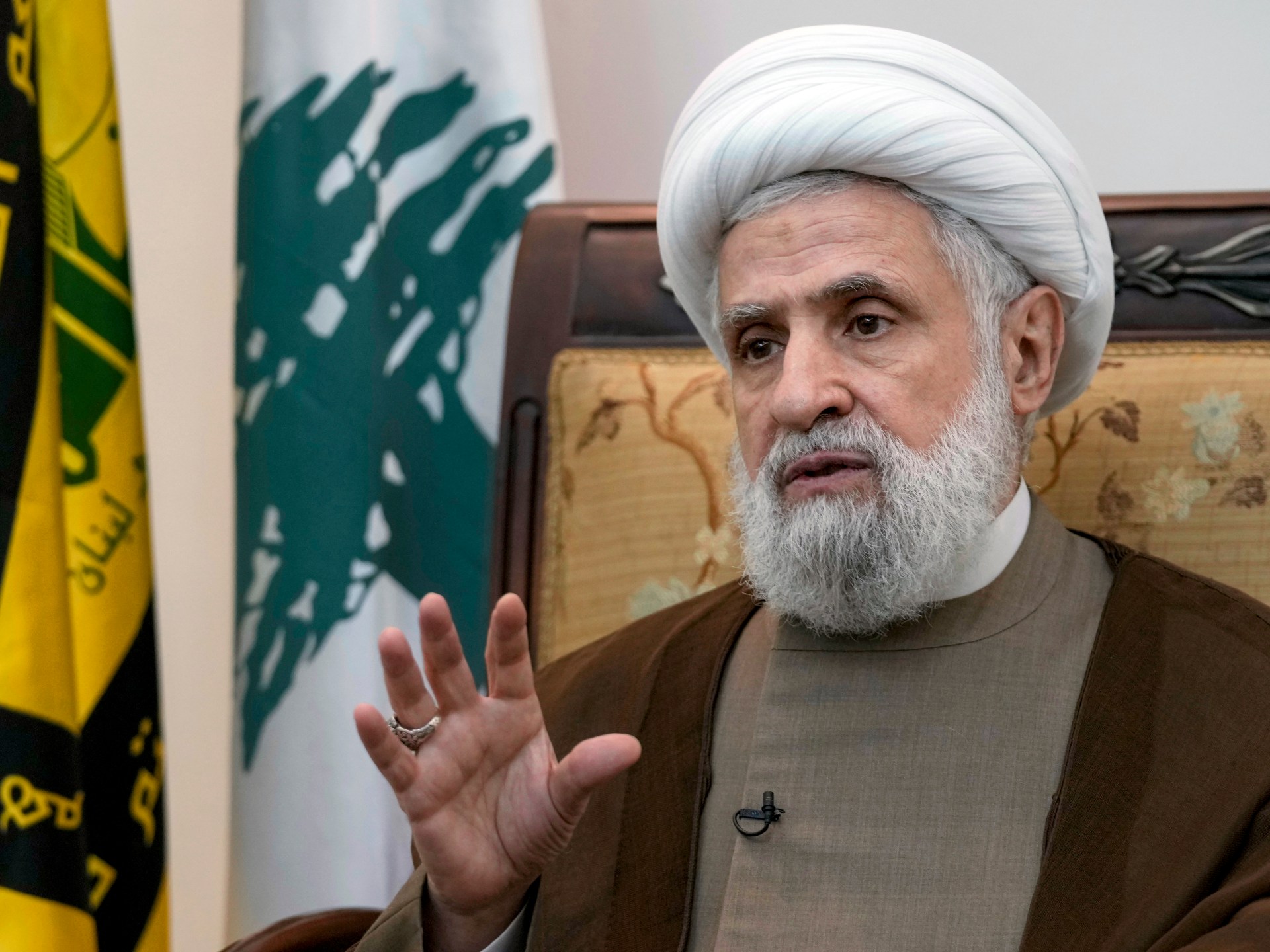
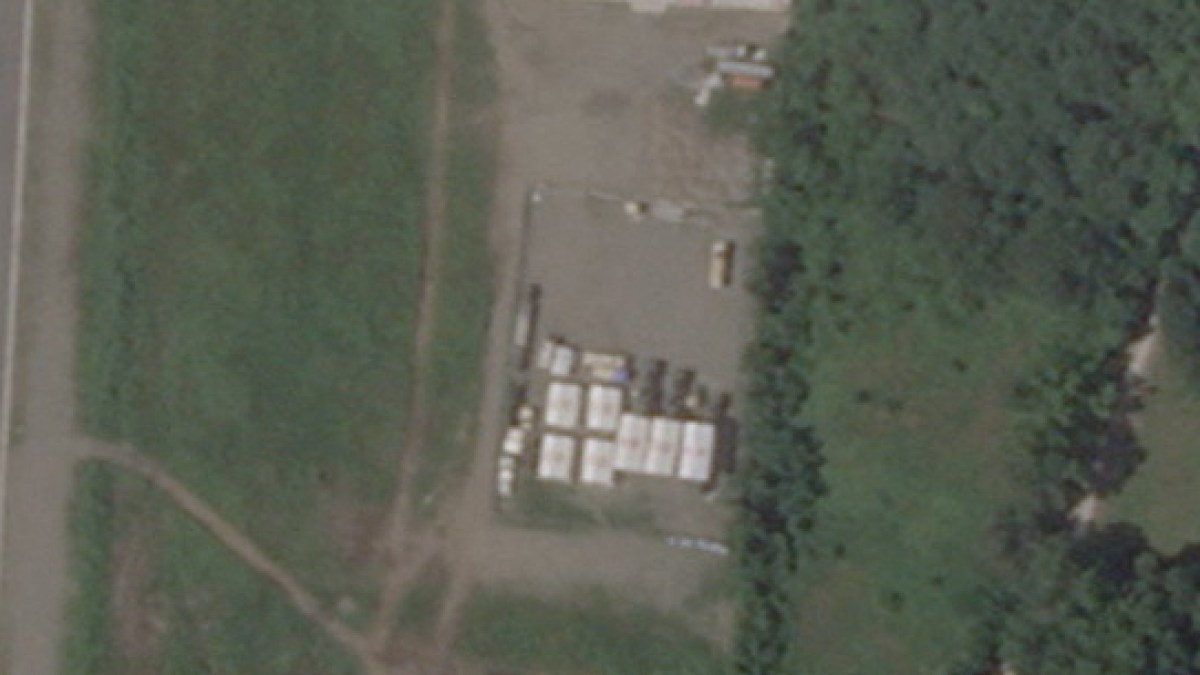
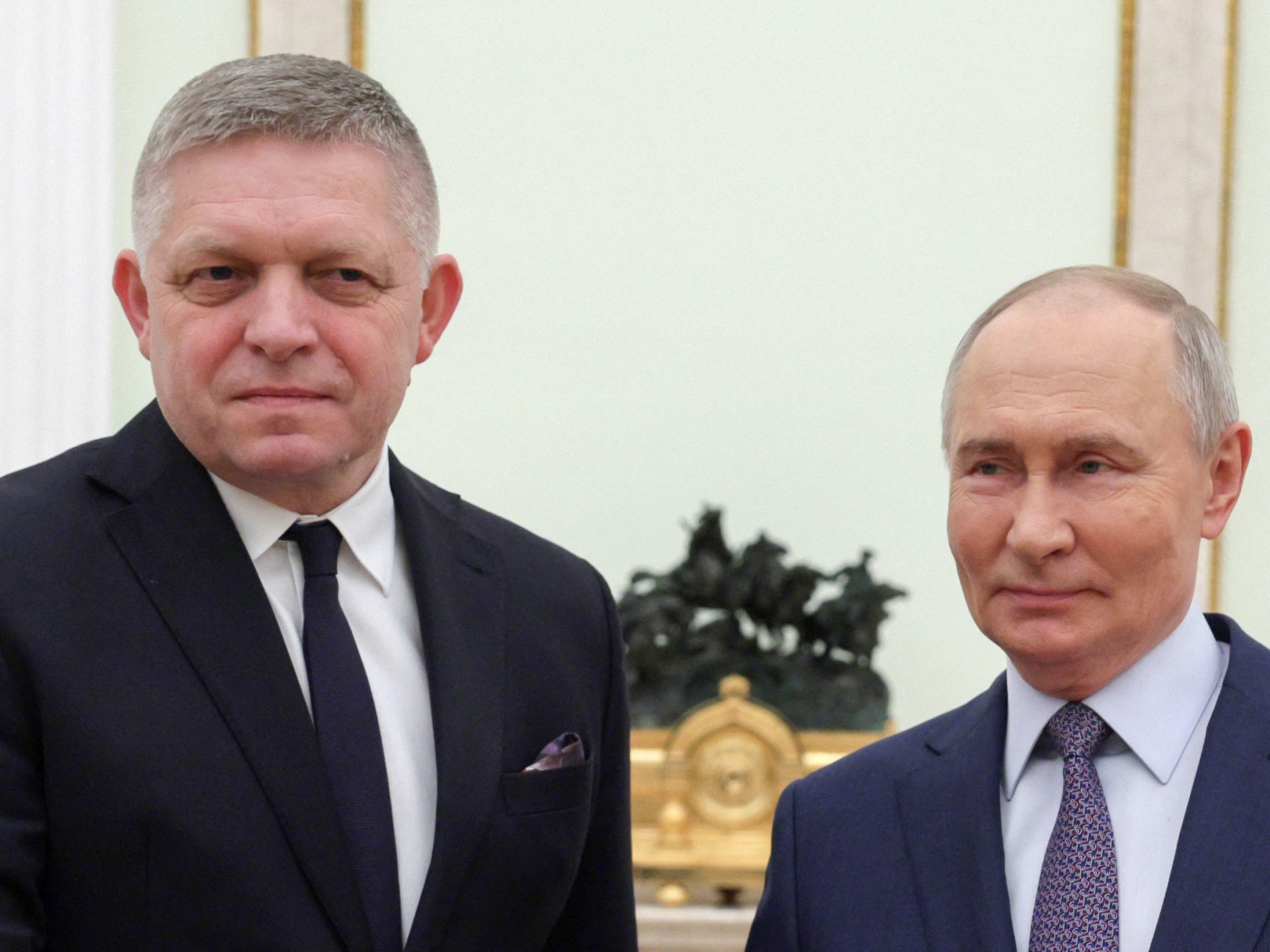
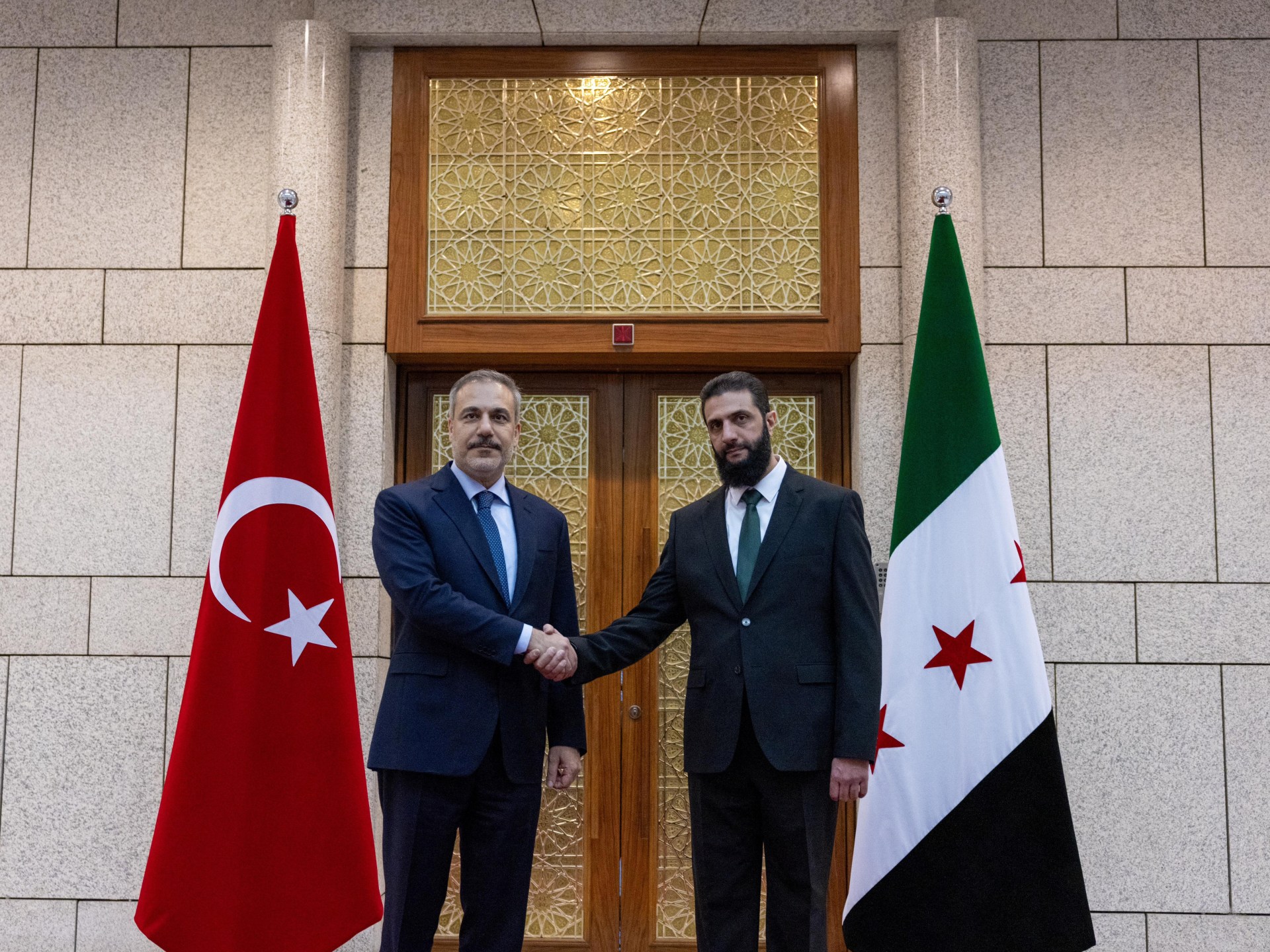





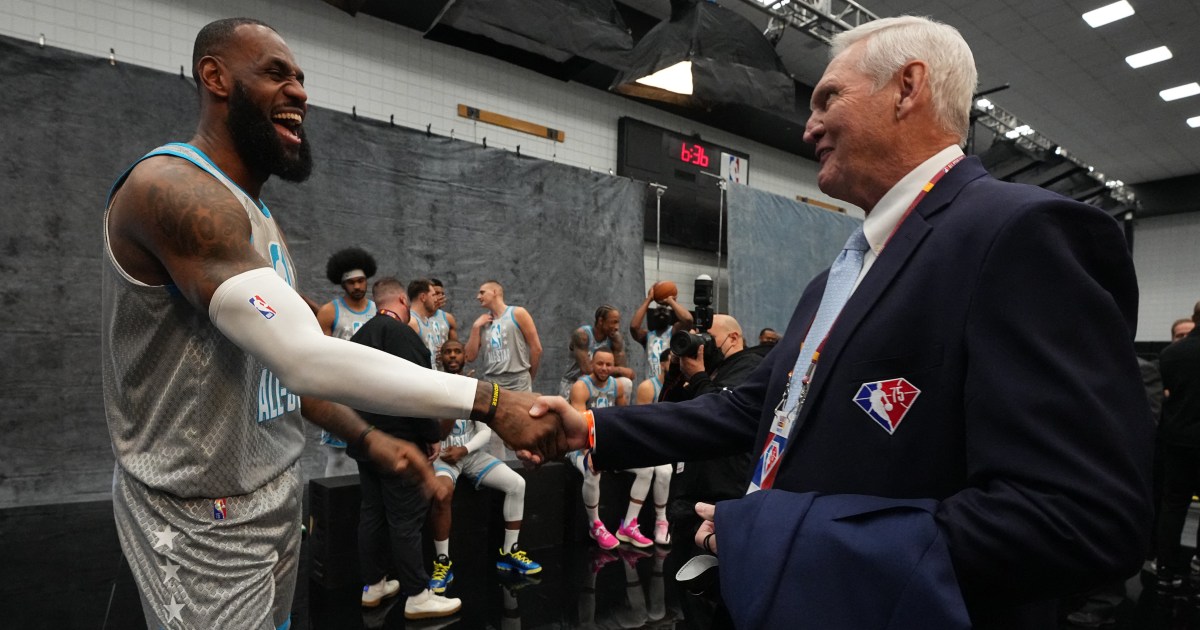
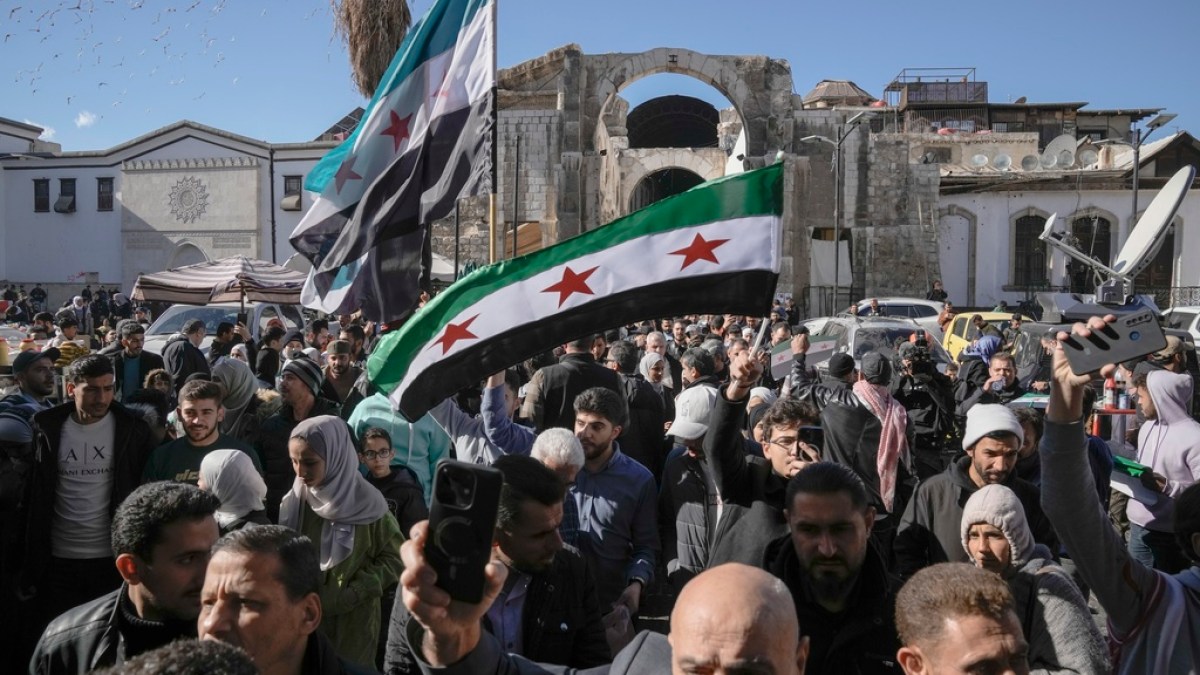
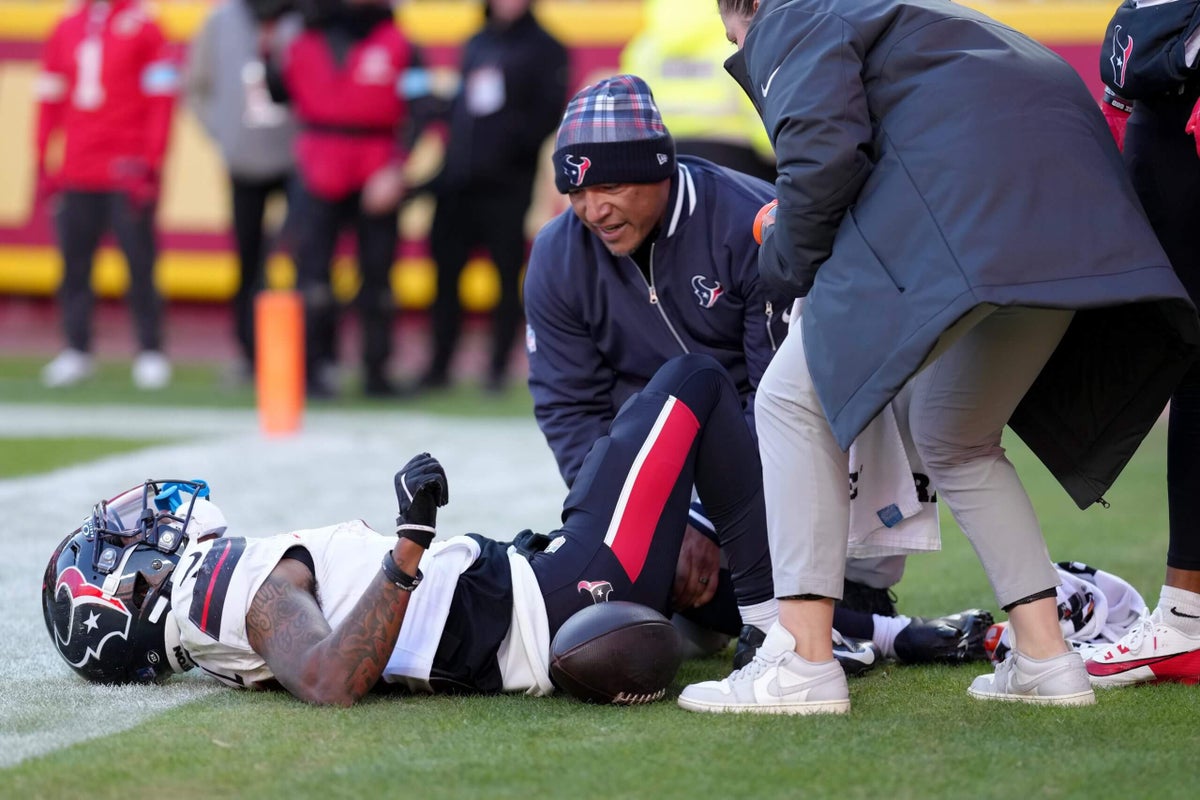
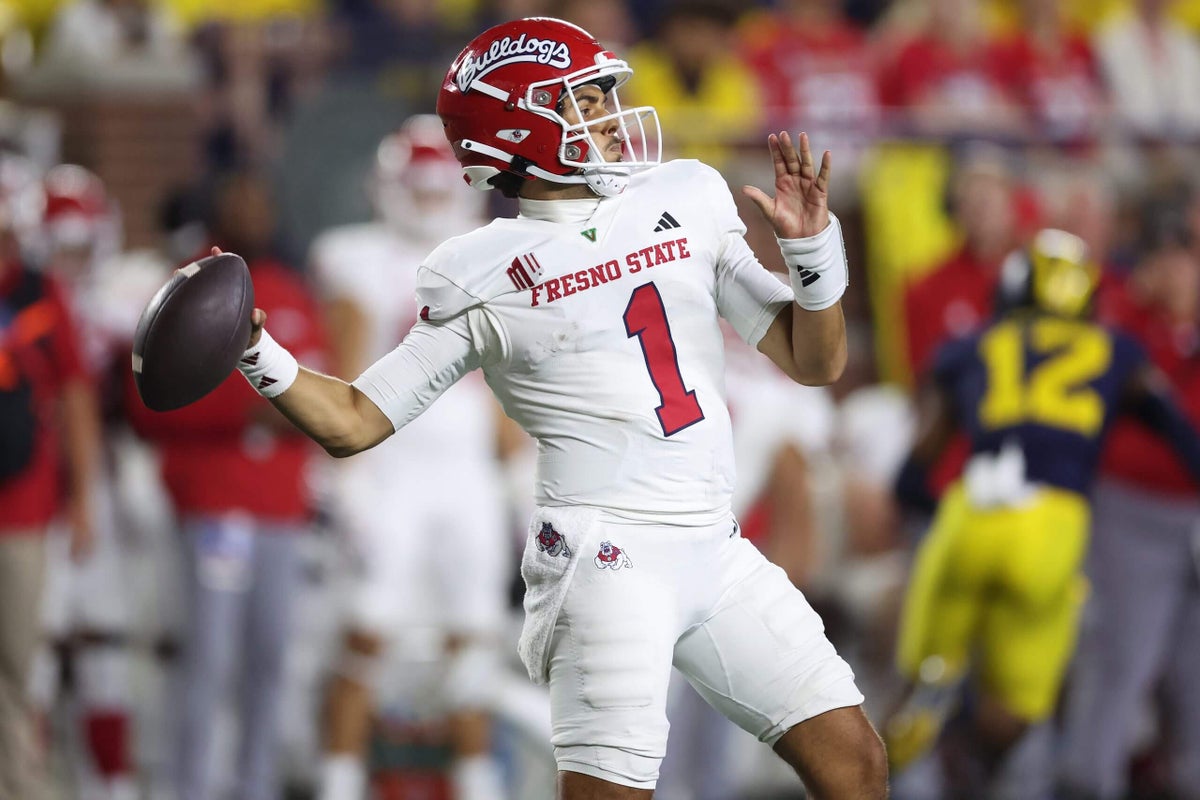
Leave a Reply